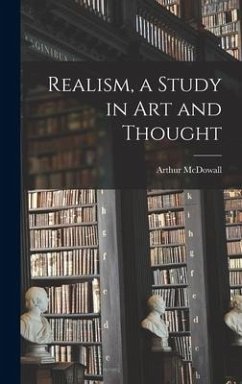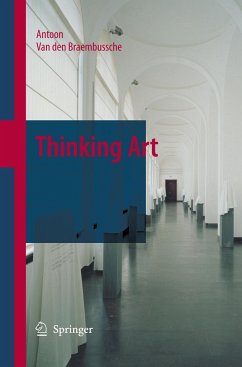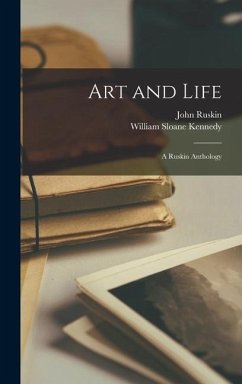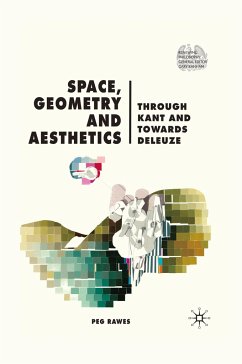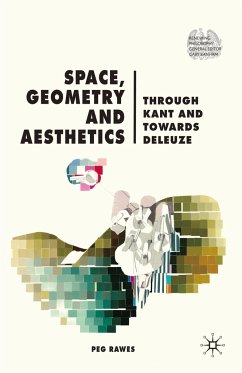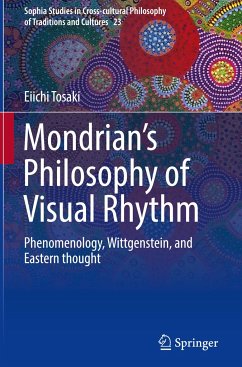
On Art and Artists: An Anthology of Diderot's Aesthetic Thought
Versandkostenfrei!
Versandfertig in 6-10 Tagen
76,99 €
inkl. MwSt.
Weitere Ausgaben:

PAYBACK Punkte
38 °P sammeln!
Chance ordained that Denis Diderot (1713-1784) was not only a philosopher, playwright and writer, but also a salonnier. In other words, an art critic. In 1759, his friend Grimm entrusted him with a project that forced him to acquire "thoughtful notions concerning painting and sculpture" and to refine "art terms, so familiar in his words yet so vague in his mind".Diderot wrote artistic reviews of exhibitions - Salons - that were organized bi-annually at the Louvre by the Académie Royale de Peinture et de Sculpture. These reviews, published in the Correspondence Littéraire, were Diderot's uniq...
Chance ordained that Denis Diderot (1713-1784) was not only a philosopher, playwright and writer, but also a salonnier. In other words, an art critic. In 1759, his friend Grimm entrusted him with a project that forced him to acquire "thoughtful notions concerning painting and sculpture" and to refine "art terms, so familiar in his words yet so vague in his mind".
Diderot wrote artistic reviews of exhibitions - Salons - that were organized bi-annually at the Louvre by the Académie Royale de Peinture et de Sculpture. These reviews, published in the Correspondence Littéraire, were Diderot's unique contribution to art criticism in France. He fulfilled his task of salonnier on nine occasions, despite occasional dips in his enthusiasm and self-confidence.
Compiled and presented by Jean Szenec, this anthology helps the contemporary reader to familiarize himself with Diderot's aesthetic thought in all its greatness. It includes eight illustrations and is followed by texts from Jean Starobinski, Michel Delon, and Arthur Cohen.
'On Art and Artists' is translated by John Glaus, professor of French and an amateur expert of the XVIIIth century.
Diderot wrote artistic reviews of exhibitions - Salons - that were organized bi-annually at the Louvre by the Académie Royale de Peinture et de Sculpture. These reviews, published in the Correspondence Littéraire, were Diderot's unique contribution to art criticism in France. He fulfilled his task of salonnier on nine occasions, despite occasional dips in his enthusiasm and self-confidence.
Compiled and presented by Jean Szenec, this anthology helps the contemporary reader to familiarize himself with Diderot's aesthetic thought in all its greatness. It includes eight illustrations and is followed by texts from Jean Starobinski, Michel Delon, and Arthur Cohen.
'On Art and Artists' is translated by John Glaus, professor of French and an amateur expert of the XVIIIth century.






